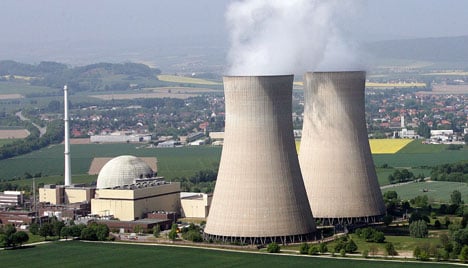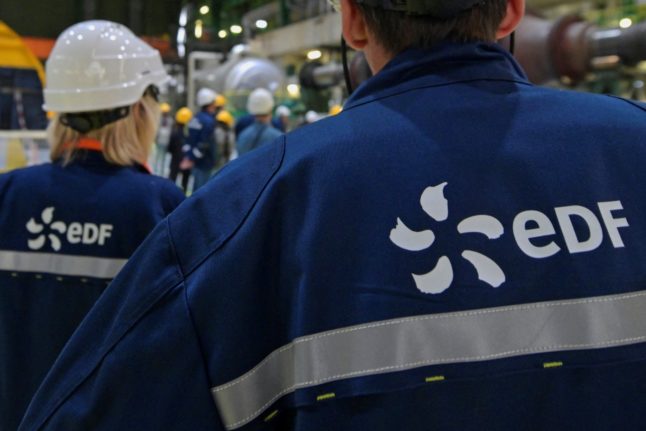German energy company stocks skyrocketed on Monday after Merkel’s conservative Christian Democrats and her preferred coalition partner, the pro-business Free Democrats, won Sunday’s general election.
Both parties have stated they are in favour of changing current laws to keep German nuclear power stations online beyond 2022 – which was the cut-off date determined by Germany’s centre-left government in 2000.
The paper reported the switch would be worth millions to energy companies, which could earn up to €1 million each day a nuclear power plant remains in operation.
A Sal. Oppenheim study cited by Der Tagesspiegel estimated if the government decided to keep the stations online for an extra eight years, EON would earn more than €12 billion and RWE more than €8 billion.
Despite extreme resistance to atomic energy by the German public, Merkel has called it a “bridge technology” that will help lead to a future of renewable energy. She has also said nuclear power is necessary beyond 2022 if Germany wants to reach its goal of reduced carbon dioxide emissions.
The paper reported the new government was likely to try and sell the extended lifetime for German reactors as a sensible way to fund development of renewable energy sources such as solar and wind by forcing the energy giants to channel some of their nuclear profits into greener power generation.
Head of the German Atomic Forum Walter Hohlefelder said in May that he was prepared to “pay a political price for the extension of running time,” Der Tagesspiegel said.
And EON boss told business daily Handelsblatt on Tuesday that its reactors were a logical way to combat climate change: “Our nuclear power plants avoid 150 million tonnes of CO2 annually, that’s as much as the emissions of the entire transport sector.”



 Please whitelist us to continue reading.
Please whitelist us to continue reading.
Member comments